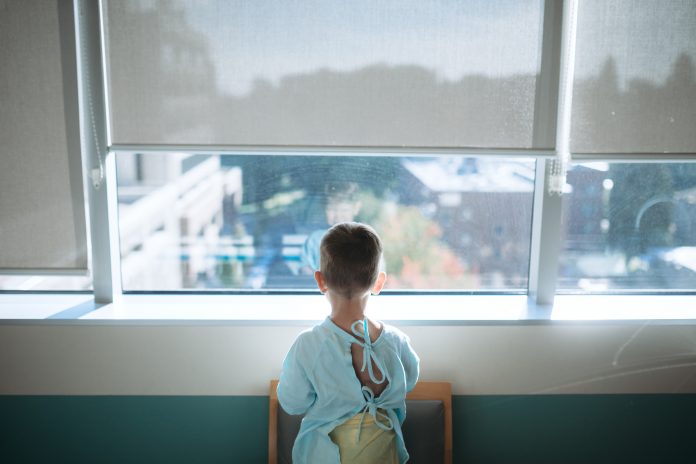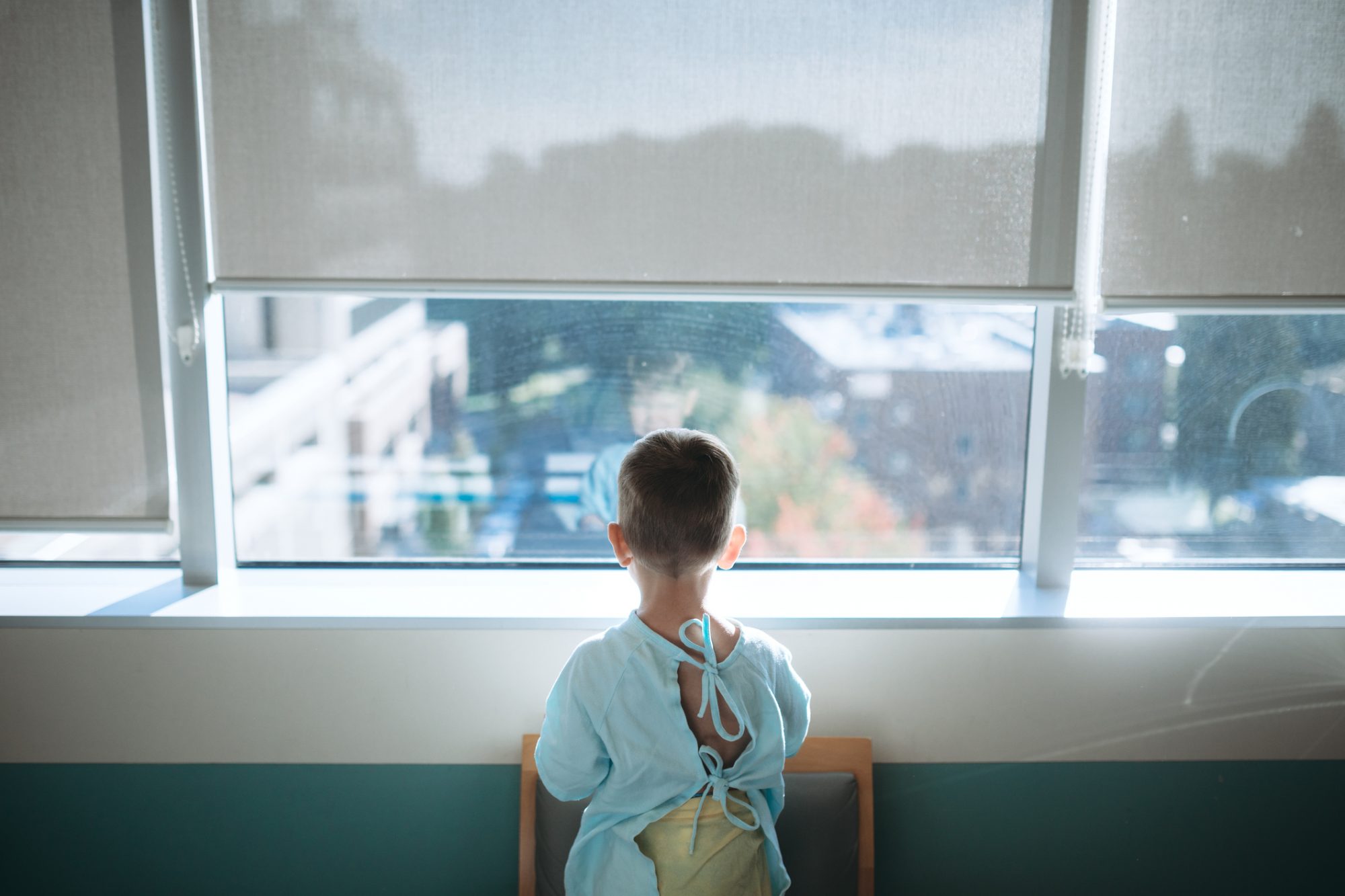 Image © RyanJLane | iStock
Image © RyanJLane | iStock
Health care discrimination has been proven to contribute to poor health outcomes, and studies have found that children with disabilities are often victims of this prejudice.
Healthcare discrimination is when a person receives a lower standard of health care because of some kind of prejudice.
Prejudice is often racial, but ableism – being treated unfairly because of a physical or mental health condition – is sadly common too. Discrimination in healthcare occurs to one in five patients.
A new study from the University of Utah Health Department finds that professional attitudes toward children with disabilities who attend hospitals and clinics are typically indifferent and impersonal, which can lead to substandard care.
“They mistreated her, treated her like a robot. Every time a nurse came into the room, they treated her like she wasn’t there,” said one mother interviewed about her child’s medical experiences.
“They treated her as if she wasn’t there.”
How did the children’s families define discrimination?
Analysis of interviews with caregivers revealed bias among health professionals against children with disabilities and complex medical conditions. Examples of discrimination cited in the interviews included:
Lack of knowledge on how to care for a child with complex medical needs Lack of interest in providing medical care or interventions based on the perception that the child may not deserve care Negative assumptions based on the child’s disability and quality of life The interviews revealed that family caregivers felt discrimination resulted in: Limited facilities, for example wheelchairs, making it difficult for children and their families to access medical care Clinicians who do not offer children with disabilities the same medical care and treatment as children without disabilities Clinicians who dehumanize children with disabilities and treat them differently.
Data on health care discrimination from 15 U.S. states
To collect this data, researchers conducted in-depth interviews with 30 family caregivers in 15 US states.
The children in their care had medically complex conditions, and most required medical care more than 20 times a year.
Throughout the data collected, families acknowledged that attitudes can impact on patient care.
For example, one woman described how doctors recommended treating her daughter for cancer, even though the treatment had a good chance of success.
Another parent alleged that medical personnel did not give their child enough painkillers before performing an unpleasant medical procedure.
One child’s mother said: “My understanding is that [clinicians] They wanted to treat patients who didn’t need any serious special treatment… They didn’t even seem to care about treating them. [my daughter]. “
Additional medical training in care of people with disabilities is urgently needed
These families’ experiences revealed an urgent need for additional medical training in caring for people with disabilities.
“Although this study did not measure how common it is for clinicians to show bias against children with disabilities, it highlights a serious issue that needs to be addressed,” said lead author Stephanie Ames, MD, an intensive care physician at the University of Utah Medical Center.
“Our goal was to validate the family’s experience and raise awareness of the issue.”
“Recognizing the problem is the first step.”
Added Nancy Murphy, MD, lead author of the study: “I believe all health care workers choose this profession for a common purpose: to help people in need.”
“But when health care providers lack the knowledge, experience and resources to deliver care, we tend to walk away from it. This tends to happen without us realizing it, and this study really highlights this issue.”
The researchers said “recognizing the problem is the first step” and that they plan to conduct further research to determine how common these attitudes are nationwide and to what extent they affect the health of children with complex medical needs.
Editor’s Recommendation Articles

